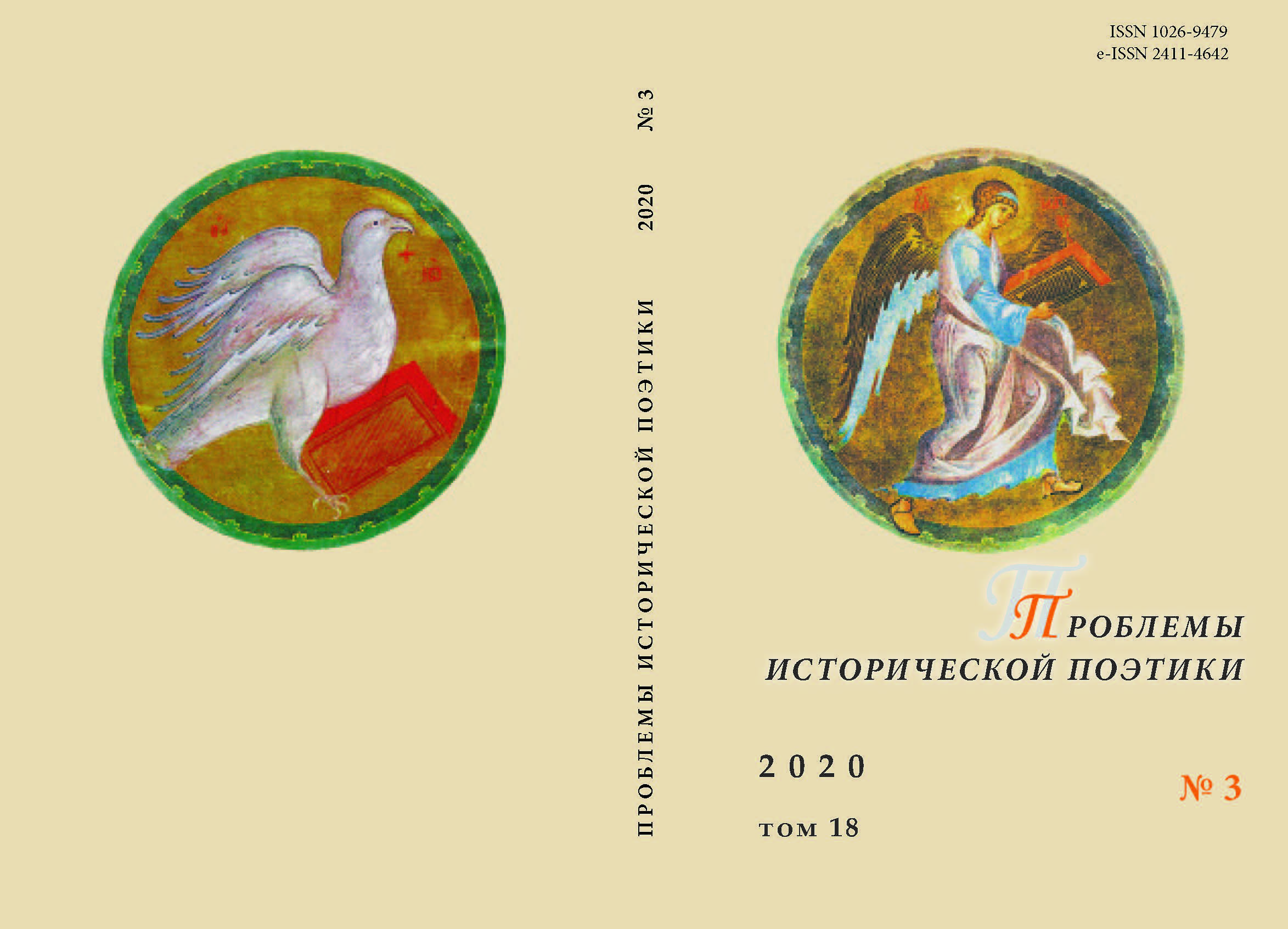СЕМАНТИКА И ФУНКЦИЯ АФОРИЗМА «ПОБЕДИ СЕБЯ И ПОБЕДИШЬ МИР» В ПРОИЗВЕДЕНИЯХ Ф. М. ДОСТОЕВСКОГО
SEMANTICS AND FUNCTION OF THE APHORISM “WIN YOURSELF AND YOU WILL CONQUER THE WORLD” IN THE WORKS OF FEDOR DOSTOEVSKY
Author(s): Antonella CavazzaSubject(s): Language and Literature Studies, Literary Texts, Fiction, Studies of Literature, Russian Literature, Philology
Published by: Петрозаводский государственный университет
Keywords: Saint Augustine; aphorism; quote; Thomas of Kemp; Dostoevsky; gospel; humility; peace; passion; feat; Prosperus of Aquitaine
Summary/Abstract: The repeated usage of the aphorism “Win yourself and you will conquer the world” in the works of F. M. Dostoevsky emphasized his words. Using different linguistic means the Russian writer compiled the message of a moral character striving for conveying it to his contemporaries, now with irony by putting it into mouth of Foma Fomich and Stepan Trofimovich Verkhovensky (the characters of the novels The Village of Stepanchikovo and its inhabitants and Demons respectively), now as an admonition by including it directly and indirectly into “The Life of a Great Sinner” and the novels Demons, The Brothers Karamazov and The Raw Youth. The dictum “Win yourself and you will conquer the world” echoes also on some pages of A Writer’s Diary, where an ethical and philosophical feature of Dostoevsky’s journalistic style manifests itself to the maximum. Modern researcher B. N. Tikhomirov has put forward a hypothesis that the saying “Win yourself and you will conquer the world” is based on quotations from the New Testament. The writer distilled this sententia from the writings of Saint Tikhon. The author of this article wondering who this aphorism belongs to and where it derives from, supposed and proved that it comes from the 57th sermon of St. Augustine or from the treatise “On the imitation of Christ” (“Imitatio Christi”) attributed to the Augustinian monk Thomas of Kemp. A copy of this treatise was kept in the library of Dostoevsky. After analyzing the hypothesis of B. N. Tikhomirov and her own assumption, the researcher has made both a philological analysis and the content one. As a result, she came to the conclusion that both these assumptions are possible and do not contradict each other. Given the fact that Saint Tikhon was well familiar with the writings of Saint Augustine, both these sources complement each other in the study of the aphorism? Win yourself and you will conquer the world”.
Journal: Проблемы исторической поэтики
- Issue Year: 18/2020
- Issue No: 3
- Page Range: 113-128
- Page Count: 15
- Language: English, Russian

